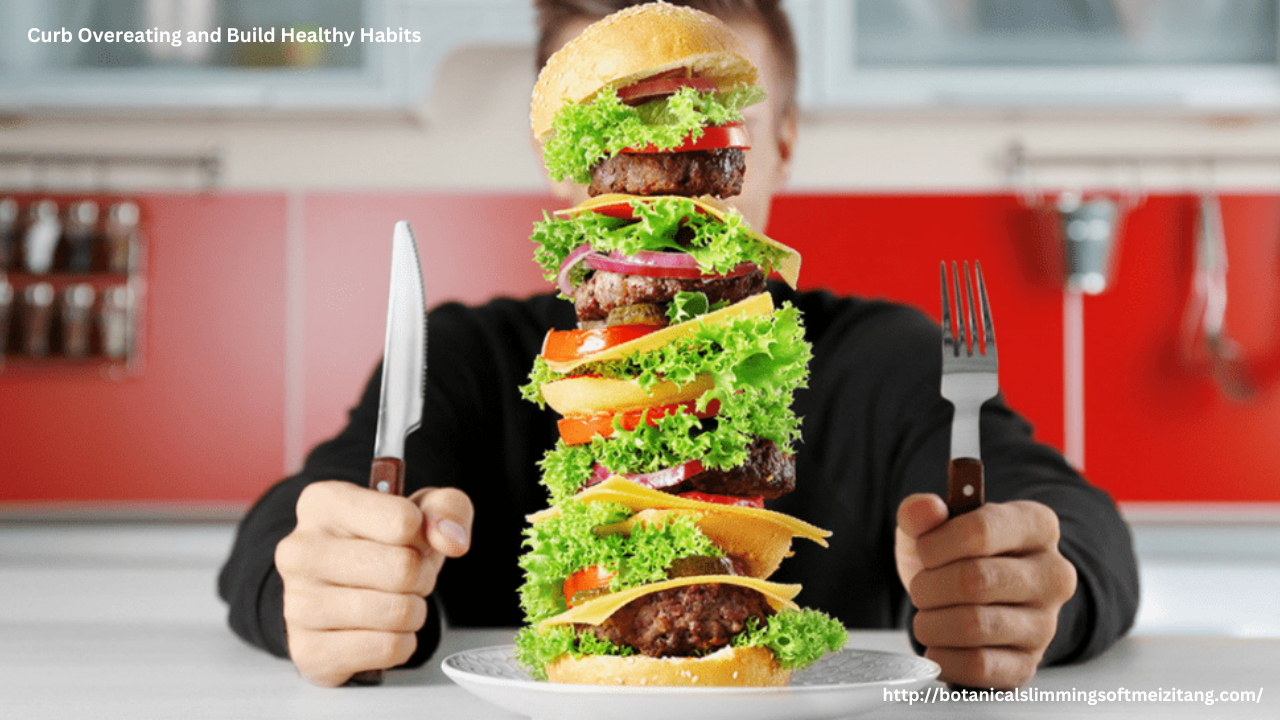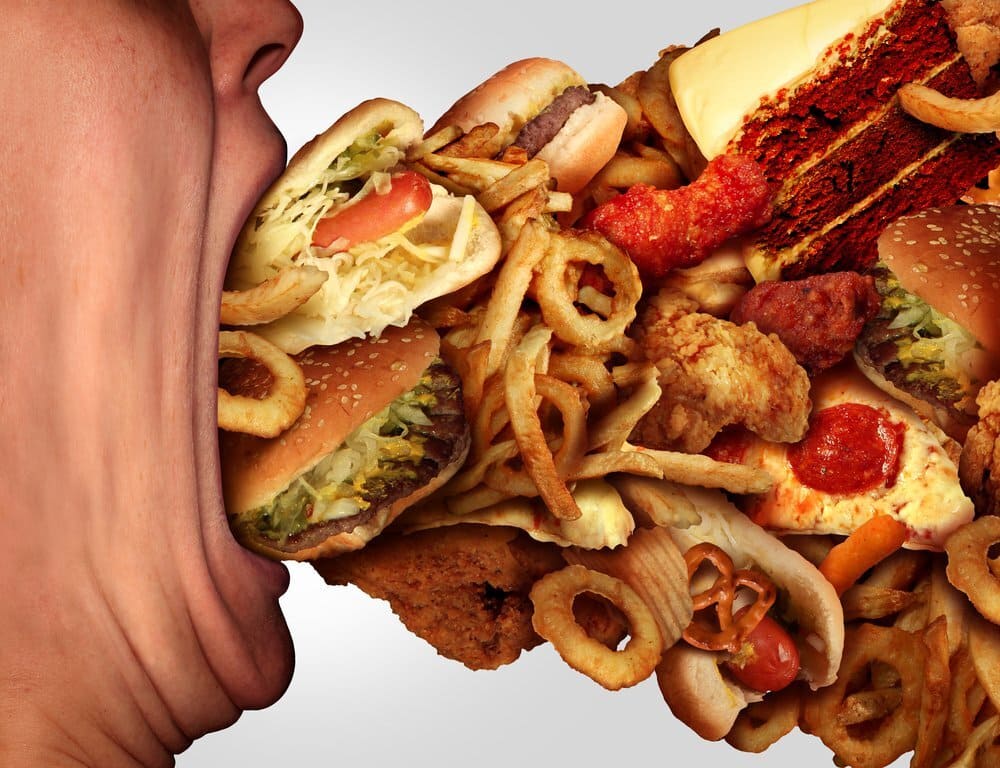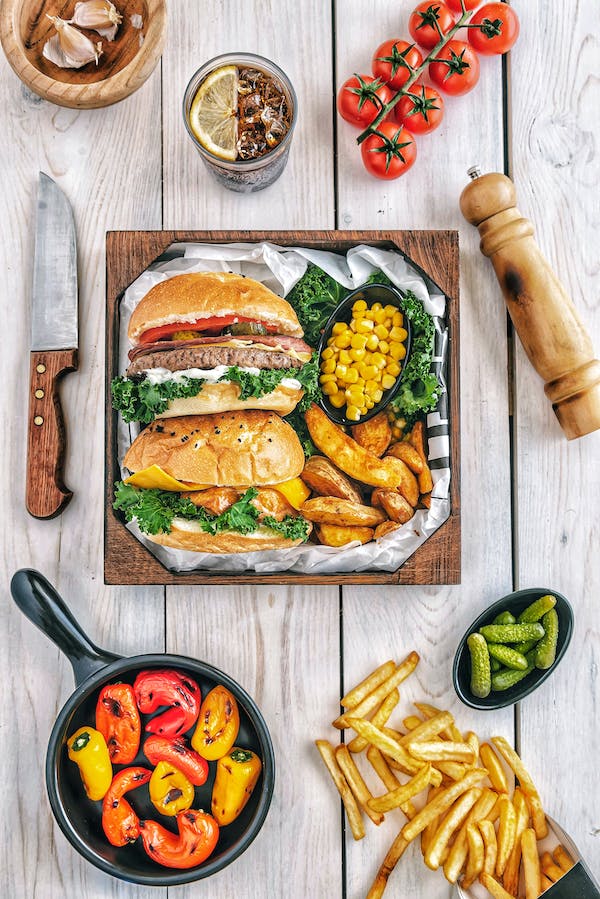 Food addiction is a real and challenging condition that affects many people. It involves compulsive eating habits, intense cravings, and a loss of control around certain foods—especially those high in sugar, fat, and salt. Just like with substance addictions, food addiction can cause feelings of guilt, shame, and frustration. The good news is that with the right mindset and strategies, you can overcome food addiction and take charge of your diet.
Food addiction is a real and challenging condition that affects many people. It involves compulsive eating habits, intense cravings, and a loss of control around certain foods—especially those high in sugar, fat, and salt. Just like with substance addictions, food addiction can cause feelings of guilt, shame, and frustration. The good news is that with the right mindset and strategies, you can overcome food addiction and take charge of your diet.
Understanding Food Addiction
Food addiction isn’t about a lack of willpower. It’s rooted in how certain foods affect the brain’s reward system. When you eat highly processed foods, your brain releases dopamine, the “feel-good” hormone. Over time, your brain starts craving that dopamine rush, creating a cycle of overeating even when you’re not physically hungry.
Common signs of food addiction include:
-
Craving specific foods despite being full
-
Eating more than intended, especially when stressed
-
Feeling guilty or ashamed after eating
-
Trying to cut down but failing repeatedly
-
Using food as a way to cope with emotions
Recognizing that food addiction is a real problem is the first step toward healing.
Steps to Overcome Food Addiction
-
Acknowledge the Problem
The first and most important step is acceptance. Admit to yourself that food has become a problem and that you need help to manage it. This opens the door for real change. -
Identify Trigger Foods
Pay attention to the foods you crave the most. Typically, these are sugary snacks, fast food, or processed foods. Make a list of these trigger foods and gradually remove them from your home to reduce temptation. -
Create a Structured Meal Plan
Structure can help you regain control. Plan your meals and snacks ahead of time, focusing on balanced, nutritious foods. Include plenty of protein, healthy fats, fiber, and complex carbohydrates to keep you satisfied and reduce cravings. -
Practice Mindful Eating
Mindful eating involves slowing down, savoring each bite, and paying close attention to hunger and fullness cues. This practice helps you enjoy food more and prevents mindless overeating. -
Develop New Coping Strategies
Since food addiction is often tied to emotions, find healthier ways to cope with stress, sadness, or boredom. Exercise, meditation, journaling, or even creative hobbies like painting or gardening can provide the emotional release you might otherwise seek from food. -
Seek Support
You don’t have to face food addiction alone. Support groups, therapy, or working with a registered dietitian can make a huge difference. Talking to others who understand your struggle can help you stay motivated and accountable. -
Set Realistic Goals
Overcoming food addiction is a journey, not an overnight fix. Set small, achievable goals, like cutting out one trigger food at a time or practicing mindful eating at one meal per day. Celebrate each victory, no matter how small. -
Be Kind to Yourself
Recovery is not a straight line. You may experience setbacks, but they don’t define your journey. Practice self-compassion and stay committed to making progress, not achieving perfection.
Final Thoughts
Overcoming food addiction requires patience, self-awareness, and a commitment to change. By understanding your triggers, creating a structured plan, seeking support, and developing healthier coping mechanisms, you can take charge of your diet and build a healthier, happier relationship with food. Remember, every step you take toward recovery is a step toward a stronger, more empowered you.
Would you like a short checklist version too, to make it easier to follow? 🌟








